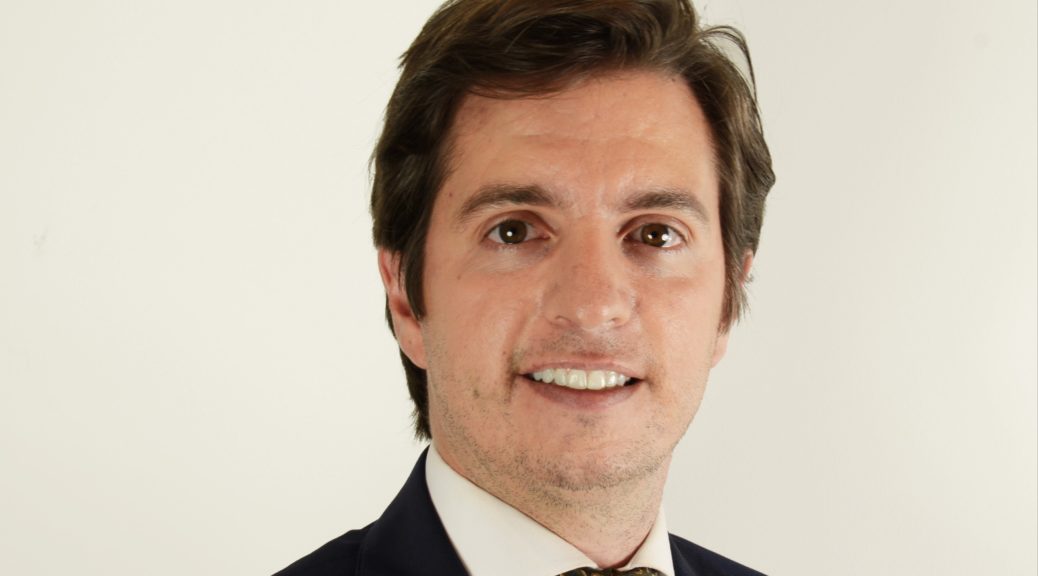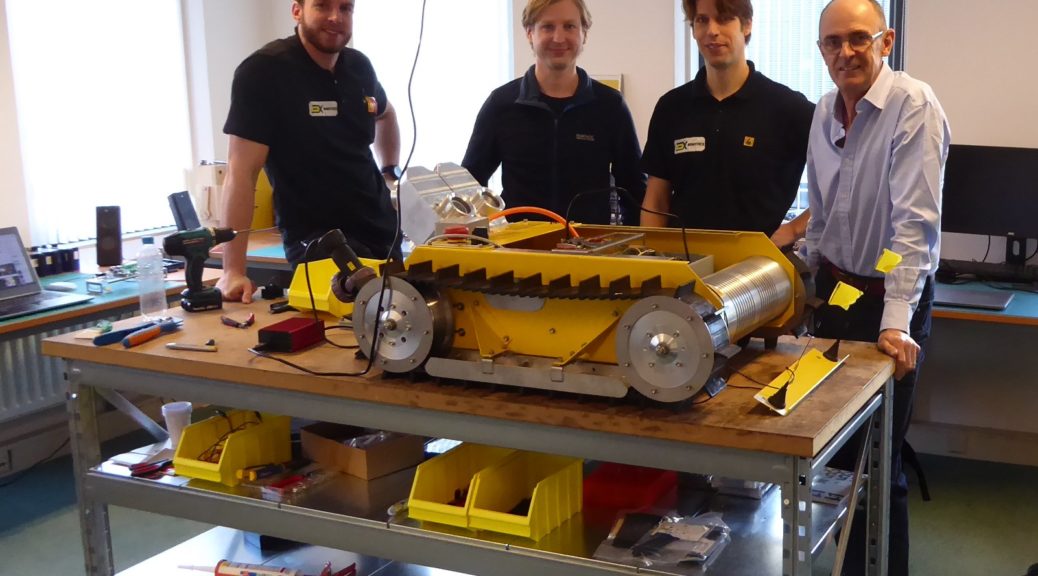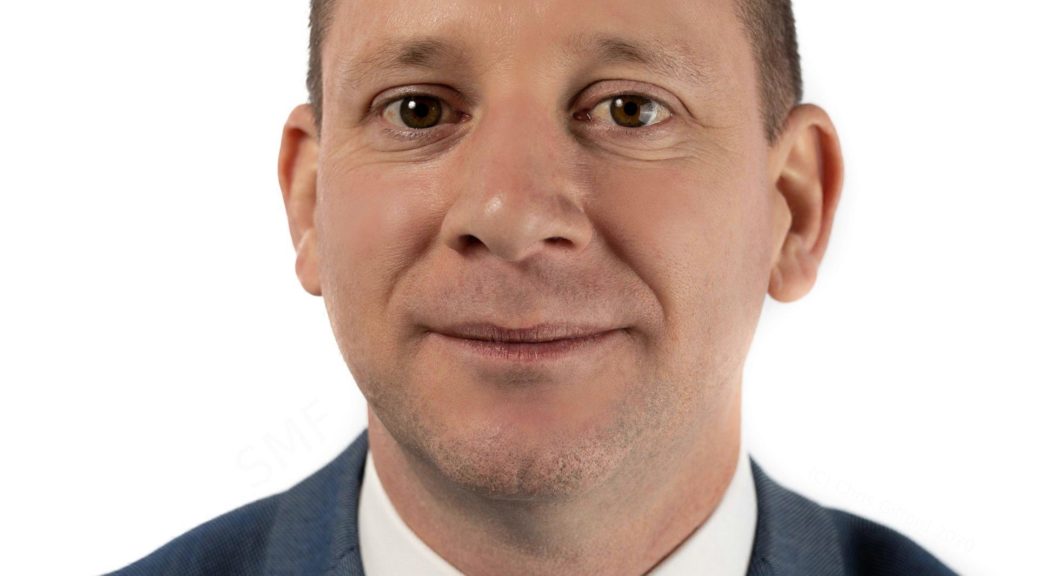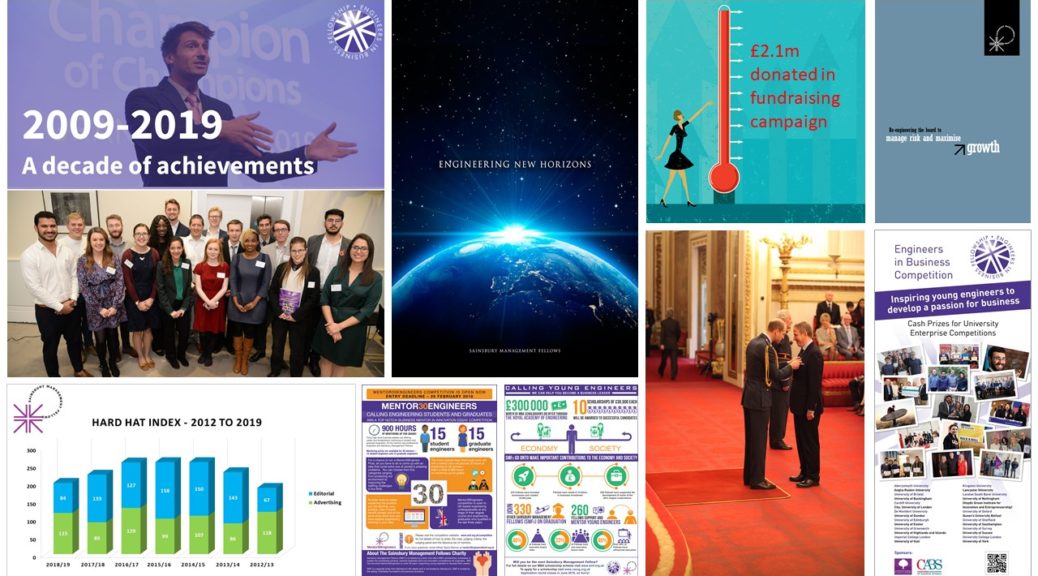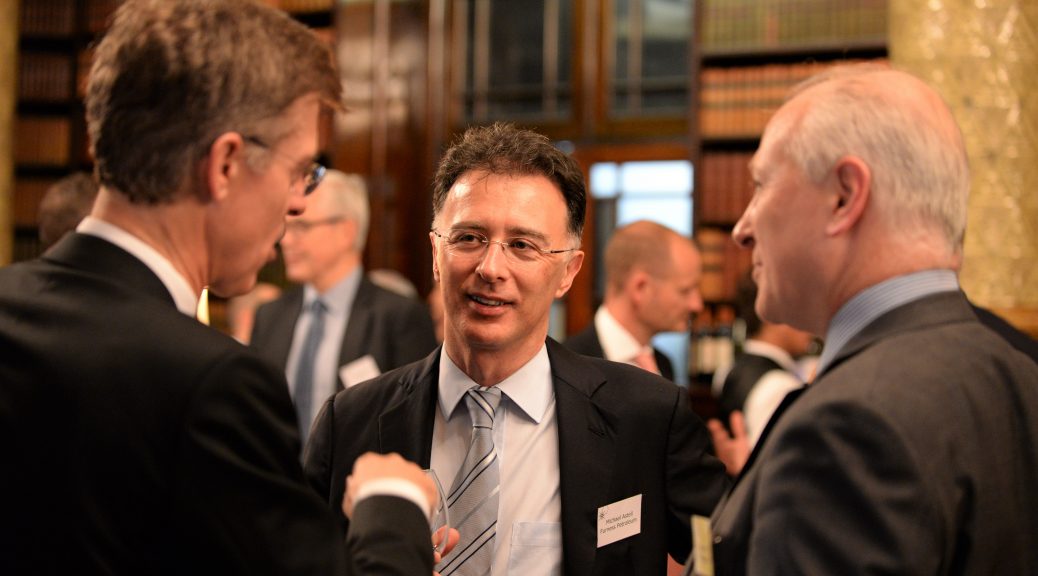By Víctor Manzanares Bonilla, (MEng Polytechnic University of Madrid [UPM]), IESE Business School

“For those aiming to start a successful career in business, there is no better springboard than the MBA. Since its inception at the Harvard Business School more than a century ago, it’s become an incredibly prestigious qualification, sought after by many employers in the world of business. The MBA provides a unique opportunity for flexible, intensive learning that alters thinking and challenges perspectives across a number of key areas. Put simply, if you’re looking for a transformational experience, a change in your career or to take a few steps up the ladder to get noticed in the world of business, an MBA is for you.
“Through a combination of hard work and good fortune, I was humbled to receive a scholarship from SMF to pursue an MBA with the IESE Business School. As a civil engineer, finance and business have never been my strong suit, so I’m very much looking forward to filling these knowledge gaps and complete my profile as I think about progressing my career. However, gaining an MBA placement is about more than scholarships. The MBA admissions essay is a key part of the on-boarding process, and for many institutions will make or break your application. Having been through this process and tackled the MBA admissions essay myself, I thought it might be good to share some thoughts with aspiring MBA candidates.
Honing your message
“First, it’s important to understand that almost everybody applying for an MBA will have a stellar CV and a solid GMAT score, so these aren’t necessarily things that are going to set you apart. Make the assumption that every other applicant is as qualified as you are – if not more so – so you’re going to need to look beyond academia and professional career to make an impression. For the MBA Admissions Committee, this is their first ‘handshake’ with you. They’re going to be interested in what makes you who you are, how you’ve progressed in your career and what your ambitions are for the future. What are you hoping to learn? How will an MBA further your goals? What motivates and drives you?
“These are all great questions to think about and require some time for self-reflection. I’d also recommend thinking not only about what the course can do for you, but what you can do for it. What can you bring to the table? How will you be an asset to the particular school you’re applying to?
“The admissions essay is a great time to open up and reveal a little more about your thoughts, values and aspirations beyond the academic grades.
Setting aside the time
“Quite often, the admissions essay will in fact be admissions essays, if you’re applying to more than one school or course. I had to write four essays for IESE, and before starting each, I’d spend at least one day ruminating about what I wanted to say. I’d think about the title of the essay and how it aligned with my experience and career objectives. I’d check the business school’s website again to remind myself of their mission and values, and how I might be able to contribute. An entire day may seem like a long-time to plan a short essay, but if you put in the hours, you’ll find the writing process that much easier.
“That said, I think you also need to know when to call it quits. Having two or three drafts is fine, but if you constantly tweak and modify your final draft into something you think the committee wants to hear (as opposed to what you actually want to say), you run the risk of sounding very generic and impersonal. Remember, the committee wants to get to know you – not a version of you.
Structuring your essay
“Structuring your essay is something very personal, but I would say that all good essays have an introduction, a main body and a conclusion. However, with something like an admissions essay there’s a little more to think about. First, you need to make sure your introduction is very short and to the point. It should consist of one or two sentences that directly relate to the title of the essay. If your essay title is a question, the first sentence or two should answer it as concisely as possible. As for the body, this is where you show your ‘working out’. Expand on the introduction, drawing on your past experiences and your own personal values and judgements to support the essay’s core message. Your conclusion should be as concise as the introduction – a quick summary of the main message and the thinking behind it.
“If you’re struggling to get started, do what I did. Sit down with a blank piece of paper and write down what you want to convey in very simple bullet points. Then assign relevant milestones and achievements in your life to those bullet points. This will give you a neat structure with a unique personal angle.
Keeping things relevant and in context
“It’s very tempting to fall into the trap of simply listing achievements and qualifications throughout your essay to make up the word count. Remember, the committee already has your CV and knows how capable you are. This isn’t the time to prove what you can do, it’s the time to prove who you are.
“While this might sound contrary, you should also avoid making the essay all about you. Yes, the committee wants to get to know you, but they also want to gain a deeper understanding of what kind of student you’d be and how you’d fit into their school. So, talk about yourself, but do so in context. Each time you mention one of your experiences, traits or values, think about how that might resonate with the school or course you’re applying for.
Answering the ‘big question’
“One of the questions that makes us all secretly want to run to the hills is, “Why do you want to study an MBA?” It’s a very reasonable question, but it’s intimidating because it’s so vague and there are so many wonderful answers you could give. While there isn’t necessarily a wrong answer to this question, there are right ways to go about answering it. You should start by talking a little about your career and experience and what led you to discovering the MBA as a qualification. Talk about your deepest motivations and why an MBA in particular appealed to you.
“The key here is context – you need to demonstrate how your own personal experiences and world view led you – as an individual – to consider an MBA. However, do remember that you’re not just applying for an MBA. You’re applying for an MBA at a particular school, and you should include your school of choice in your thinking. Don’t just talk about why you want to study an MBA; talk about why you want to study an MBA at your chosen business school.
“At its heart, the MBA admissions essay is an exercise in self-reflection. If you take the time to uncover your true motivations and articulate them in a concise, relevant and meaningful way, you’ll easily make the shortlist for your chosen school.”
How to Apply for the Sainsbury Management Fellows MBA Scholarship
If you are a professional engineer considering an MBA as one of the stepping-stones towards a business leadership career, visit our MBA scholarship application page, you could become one of our successful awardees –the individual scholarship is £50,000 and we award ten of these every year.





